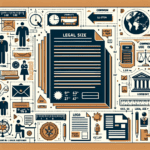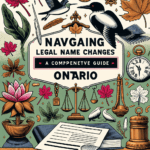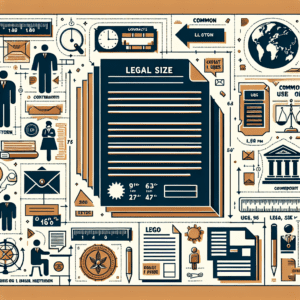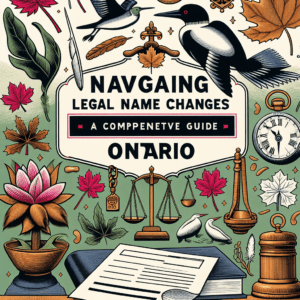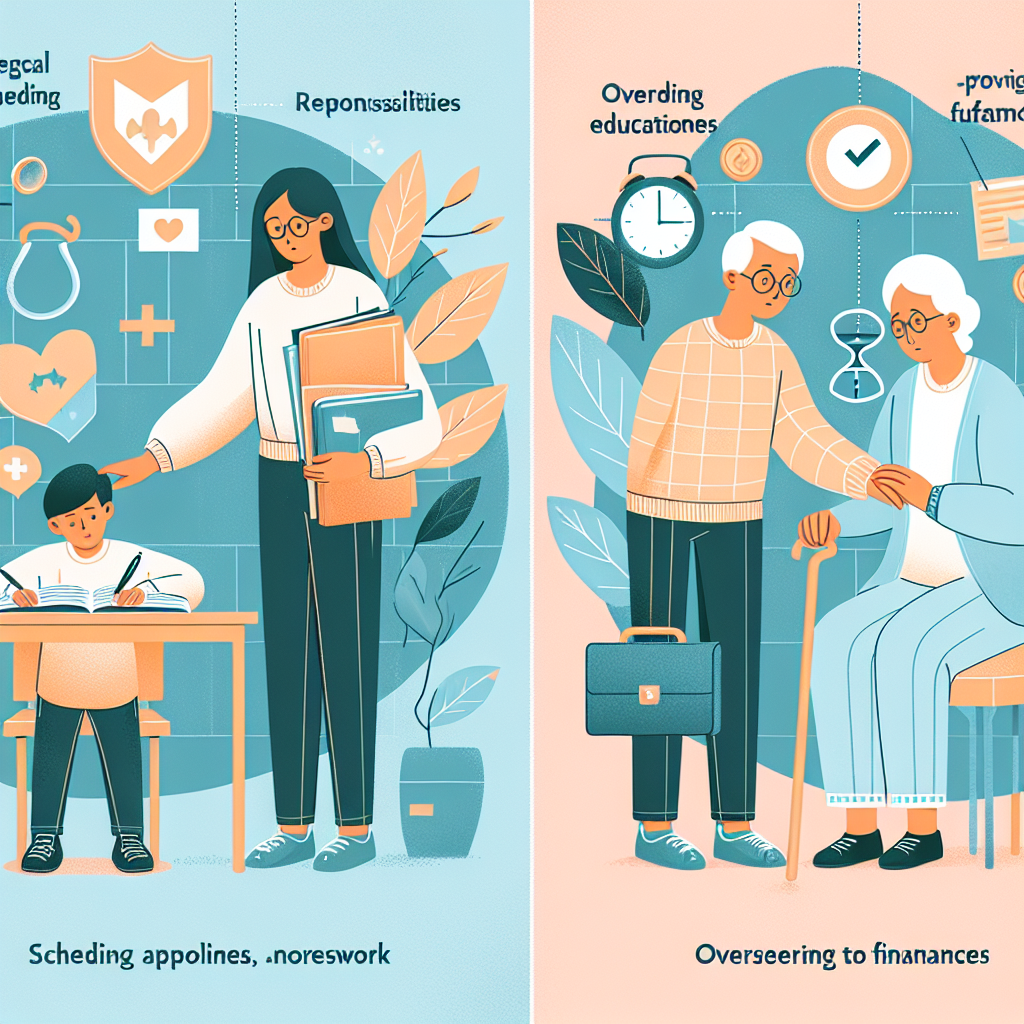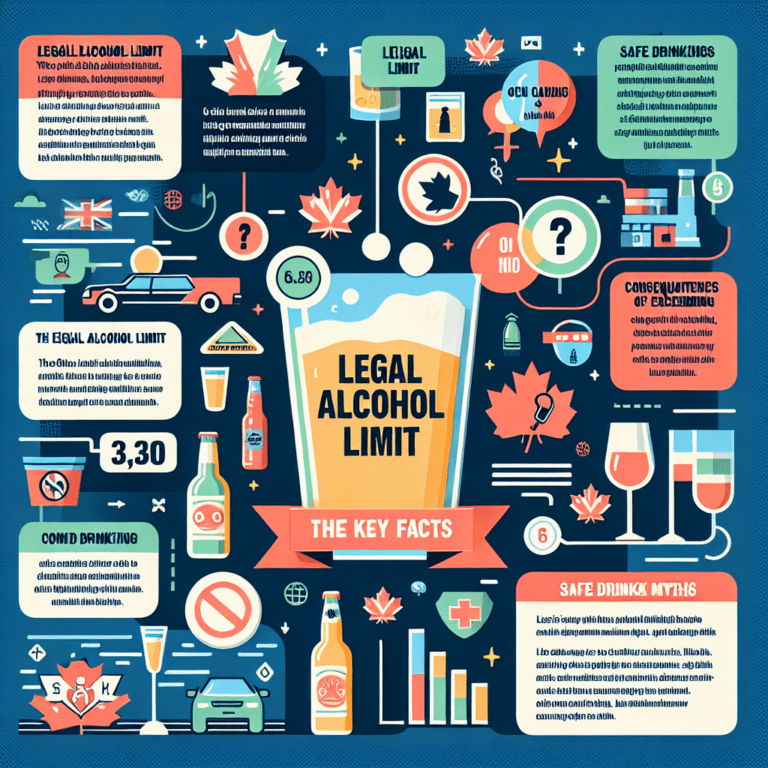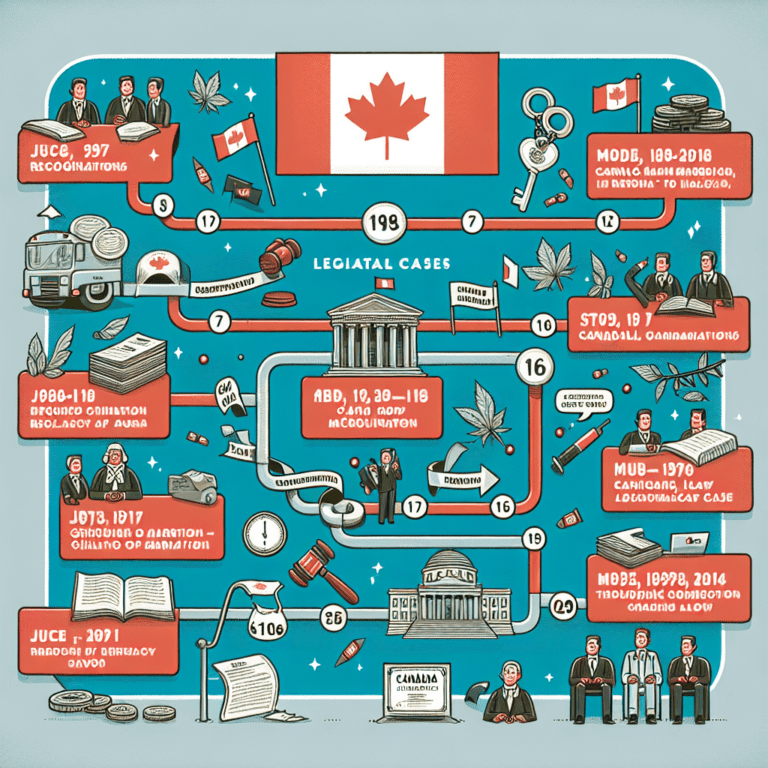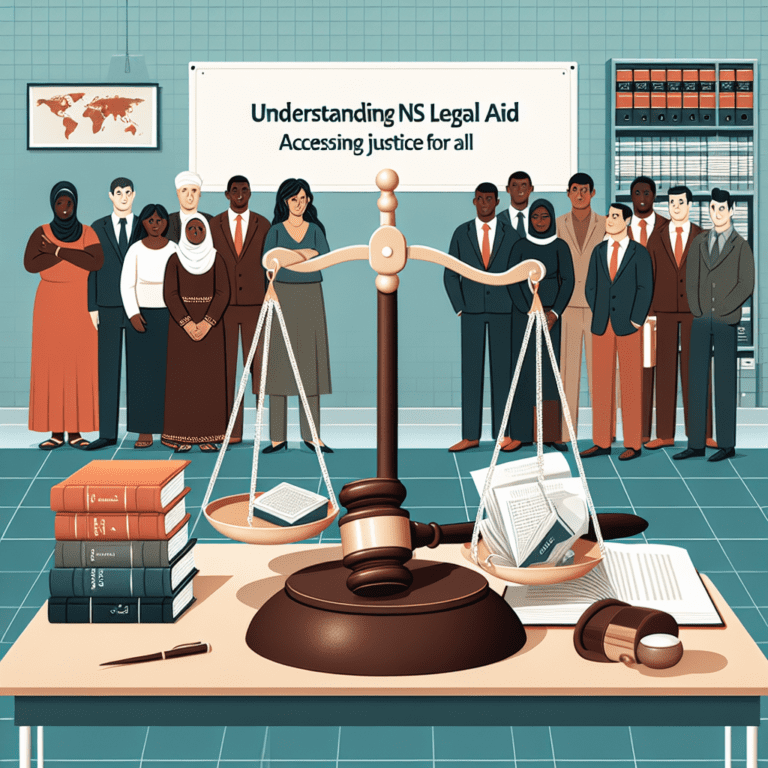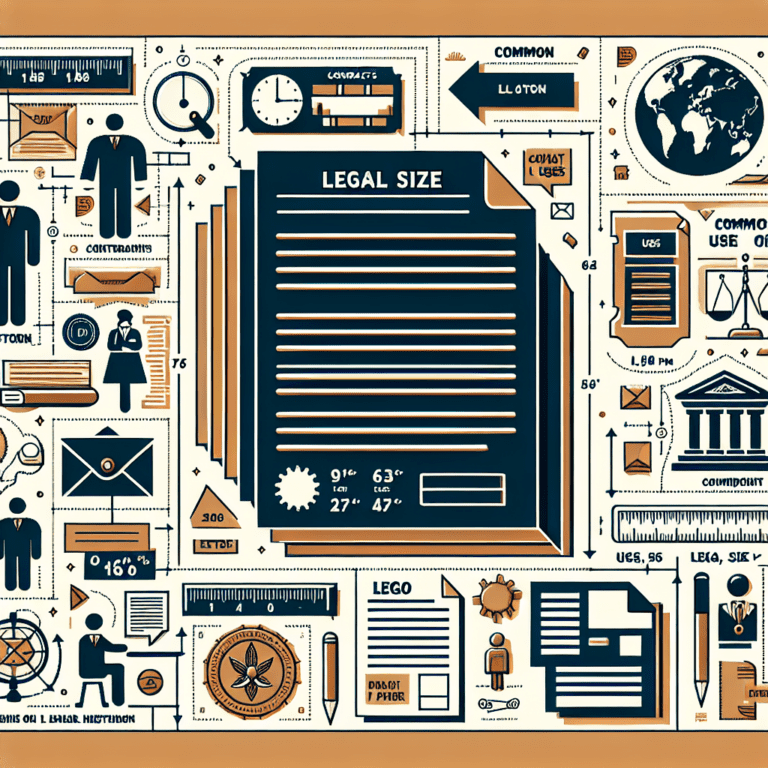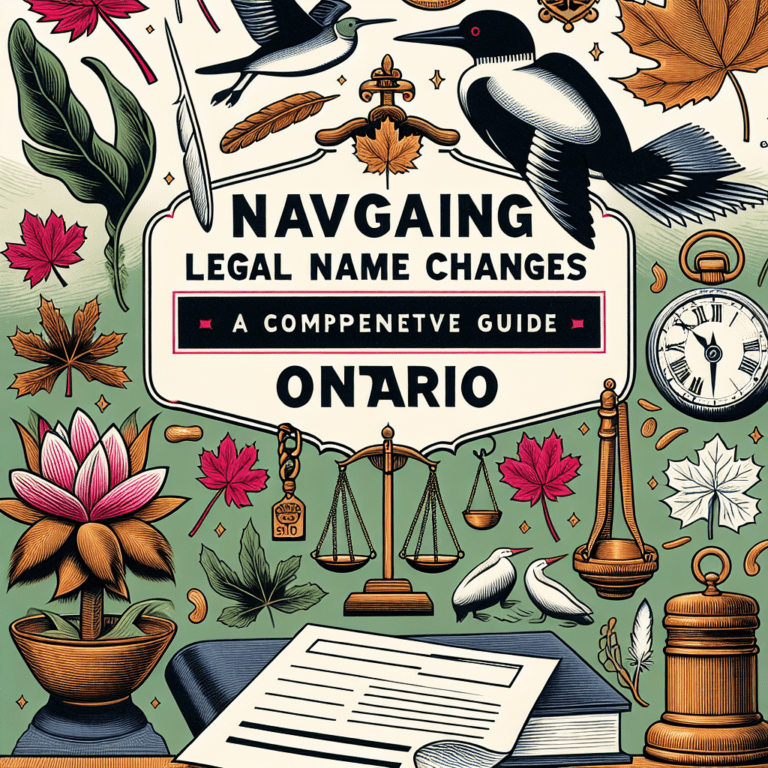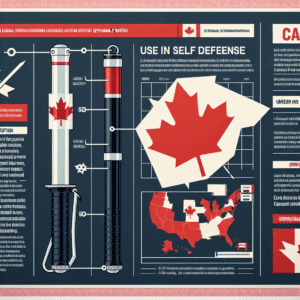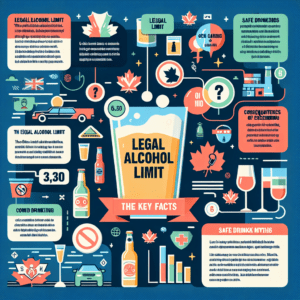Understanding the role and responsibilities of legal guardians is crucial in today’s complex society. As families face various challenges, the need for legal guardianship becomes increasingly apparent. This article will offer you an in-depth look at the essential functions and key responsibilities of legal guardians, helping you grasp their significance in safeguarding the welfare of vulnerable individuals, from children to adults with disabilities.
The Essential Functions of Legal Guardians in Society
Legal guardians play a pivotal role in society by stepping into the shoes of parents or primary caregivers when circumstances demand such intervention. Their primary function is to provide protection and care for individuals who cannot do so themselves, often due to age, disability, or other incapacitating conditions. This guardianship not only encompasses physical care but also emotional and psychological support, ensuring that the individuals they oversee feel safe and valued. This multifaceted role allows guardians to be advocates for those in their care, ensuring their needs are met in a holistic manner.
Another essential function of legal guardians is to navigate the often-complex legal and administrative landscape that accompanies caregiving. Guardians must manage financial affairs, make healthcare decisions, and ensure access to education and other critical services. This can be particularly daunting, given the intricate laws and regulations surrounding guardianship. Legal guardians must possess astute organizational skills and a solid understanding of the rights of their wards to fulfill these responsibilities effectively, thus acting as a crucial bridge between vulnerable individuals and the systems created to support them.
Furthermore, legal guardians serve as advocates, speaking on behalf of their wards in various settings such as schools, healthcare facilities, and legal proceedings. They are tasked with ensuring that their wards’ rights are protected and that their voices are heard, especially when they cannot articulate their wishes. This aspect of guardianship underscores the importance of having well-trained and compassionate individuals in these roles, as they can significantly influence the quality of life and opportunities available to those under their guardianship.
Key Responsibilities and Rights of Legal Guardians Explained
One of the primary responsibilities of legal guardians is to make informed decisions about the wellbeing of their wards. This includes choices related to medical treatment, education, and daily living arrangements. Legal guardians are expected to work collaboratively with healthcare providers, educators, and social workers to create a supportive environment that promotes the growth and development of their wards. It is imperative that guardians stay informed about the best practices and available resources to meet the unique needs of those they serve, as their decisions can have profound implications on the wards’ futures.
In addition to decision-making, legal guardians are also tasked with maintaining accurate records of their wards’ health, finances, and overall progress. This meticulous documentation not only provides insight into the individual’s needs and achievements but is also critical for reporting to the courts or relevant authorities. Guardians must also be adept at managing financial resources, ensuring that funds are used appropriately for the benefit of their wards. This responsibility includes budgeting for medical care, education, and even recreational activities to enhance the quality of life of their wards.
Legal guardianship also comes with specific rights that empower guardians to perform their roles effectively. Guardians have the authority to make legal decisions on behalf of their wards, which can include signing contracts or managing property. They also possess the right to access confidential information regarding their wards, including medical records and educational assessments. Understanding these rights is paramount for guardians, as it equips them to advocate effectively and ensure that their wards receive the necessary services and support. Additionally, legal guardians have the right to seek modification or termination of guardianship when it is in the best interests of their wards, thus maintaining a dynamic and responsive caregiving approach.
The landscape of guardianship is complex and multifaceted, yet understanding the role and responsibilities of legal guardians is vital for the protection and empowerment of vulnerable individuals. By grasping the essential functions and key responsibilities, you can appreciate the impact that effective guardianship has on the lives of those in need. If you’re considering becoming a legal guardian or supporting someone who is, remember that the right knowledge and resources can make all the difference. Engage with local resources, legal experts, and support groups to ensure that you or your loved ones have the right guidance to navigate this critical role successfully.
Understanding Legal Self-Defense Weapons in CanadaUnderstanding Legal Paper Size: Dimensions and Uses ExplainedNavigating Legal Name Changes in Ontario: A Comprehensive GuideRelevant LinkRelevant LinkRelevant Link

